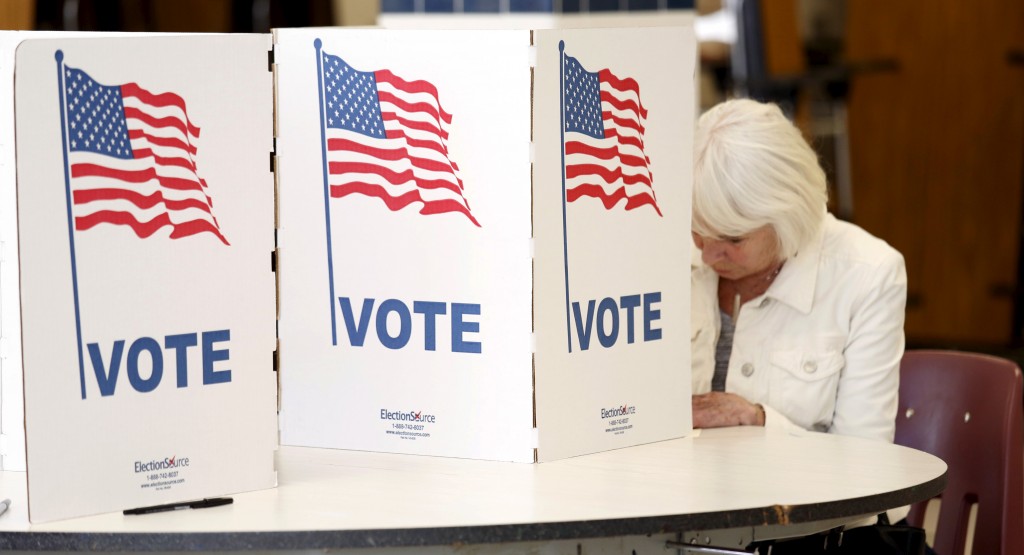Forty-eight hours after what might be the most contentious Presidential election in American history—and certainly in modern history—we are all still waiting for millions of main-in ballots to be counted and our next President named. In some ways, voters in this year’s election have never seen a nail-biter like this in their lifetimes.
Focusing on the positive, voter turnout has broken records. We haven’t seen turnout rates like this since 1960—and after the mail-in ballots are all counted, we are expected to surpass it. One candidate has already received the most votes of any Presidential candidate in history. So if you voted this year, you deserve several pats on the back. After many years of lagging behind our international peers in voting rates, this election has truly been a sight to see.
But while millions of votes are being tallied, both candidates still have a path to the White House. A few, in fact. So for now, we are still left to analyzing both candidates’ campaigns and legislative history for insight into Social Security’s future under the next President (whoever he may be).
For as contentious as this race may be, both candidates have one glaringly obvious thing in common: both have failed to highlight Social Security in their campaigns.
Naturally, the candidates’ campaigns have addressed the most dominant discussions in our country. Right now, we are consumed with conversations about inequality, economic instability, healthcare, and social justice. We are in the midst of a massive spike in COVID cases across the country, and the public is beginning to feel just as insecure as it did at the onset of the pandemic. As we’ve said a few times in the past year, the pandemic has done nothing if not exacerbate every problem in our society.
That may seem like an excuse to ignore a “lesser” problem like Social Security’s steadily dwindling reserves, but it’s not. In fact, these problems are all the more reason to focus on repairing the Trust Fund.
Social Security can be—and SHOULD be—viewed as a medicine that treats all of the symptoms we’re experiencing right now. Financial hardship forms the core of ALL of these problems, and it’s indisputable how vital Social Security has always been to easing that hardship. It is the single greatest anti-poverty measure the federal government has ever undertaken.
But during the campaigns, we heard almost nothing about it.
 Concord Monitor
Concord Monitor The most we’ve gotten out of either candidate on the campaign trail is a vague promise to “protect” Social Security—never a detailed discussion of what that might entail or why it’s an important concern.
Looking back further into the legislative actions and plans of each candidate only leaves us with more questions.
President Trump has not revealed any substantive plan for Social Security—not during his first term or during his campaign for a second. It remains unclear whether or not there will be any action taken to repair Social Security’s solvency under a second Trump term or what that action could be. And with Coronavirus accelerating the depletion of Trust Fund reserves, it is absolutely vital we prioritize this issue. Some estimates now suggest we may have only this term and the next before benefit cuts become mandatory.
Democratic challenger Joe Biden has released a plan to begin shoring up Social Security’s long-term finances, largely by increasing payroll taxes on wealthier Americans. But peering over our shoulders into the history of his Senate career, we see times when Biden has voted in favor of increasing taxes on Social Security benefits.
It’s also a little hard to forget this clip from the 1995 balanced budget discussions:
What we’re left with is mostly just uncertainty. And in this day and age, we’ve all had our fill of that.
No matter how this election eventually shakes out, we have to agree with Sid and Marc, here. Both candidates have left their senior constituents out in the cold on the campaign trail. Biden has not (as far as we’ve seen) offered any real reconciliation of some of his past votes and words on Social Security with his new plan. As as for the President, he has stayed mum on the issue almost entirely.
We, along with every retiree and soon-to-be retiree in this country, are still simply waiting for someone—ANYONE—to address how imperative strengthening Social Security’s financial situation is in the next four years. We are quickly running out of time and options to deal with insolvency that won’t kick Americans when they’re down—and we can NOT afford to deal with an eleventh hour emergency funding measure.
The best time for us to deal with fixing Social Security is yesterday. But the second best time to deal with it is right now.






